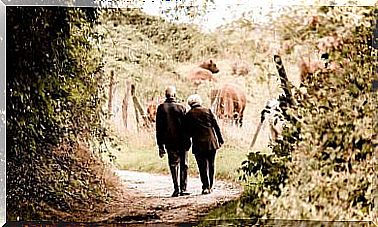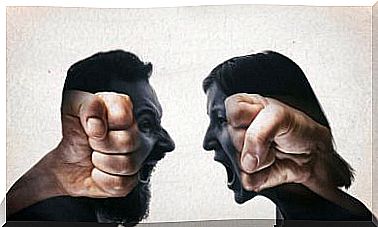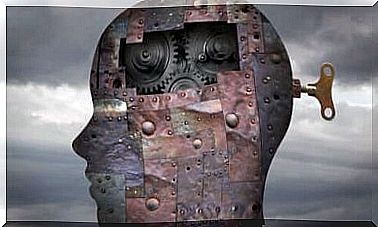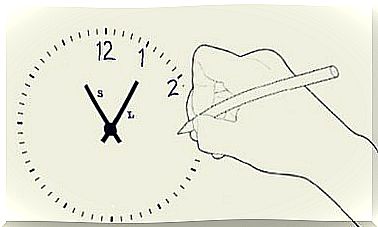There Always Comes A Time When You Discover Your Strengths

Writer Dorothy Parker once said that those who are bored in times of calm do so because they don’t know times of storms.
In a way, a part of us always reveals itself in these moments of greater swell, during these days when fate takes our balance to put us to the test. It is during this stage of a complex existential journey that you discover your strengths.
Until then, we could say that we limit ourselves to improvising. This subject is as interesting as it is revealing. A few years ago, the American analysis company Gallup wanted to know what types of forces were most prevalent in the population. They therefore developed a survey so that people could assess themselves.
Later, psychologists Nick Epley and David Dunning noted an interesting thing about this. We are, in general, inexperienced judges when it comes to assessing our values. Some magnify them and others undervalue them. The best way to find out what our strengths are is to turn the mirror around and see what others are saying.
Another way to find out is to test ourselves. Sooner or later the time will come when our true values and our greatest strengths will emerge.

In the end, the day when you discover your strengths arrives
Martin Seligman and Chris Peterson published a book in 2004 entitled Strengths and Virtues of People: Manual and Classification.
This work was an antithesis of the Diagnostic and Statistical Manual of Mental Disorders. He simply sought to highlight the talents, skills and values that each harbor within him.
This book has always aroused some criticism from part of the scientific community. To define friendliness, generosity or joy as strengths was, for many, more in the field of moral virtues and not in the field of psychological competence.
Perhaps this is why in 2014, Drs. Laura King and Louis Trent of the University of California brought a new point of view aside from “virtues” to speak of “personality strengths”. human ”.
This approach aimed to seek values that allow us to better adapt to changes, to the challenges of life.
It is this emotional and psychological fabric that is involved in well-being, in better decision-making and even in our ability to reach our full human potential. Now let’s take a look at more features.
When you discover your strengths, you better deal with times of calm and times of adversity
Sometimes unforeseen things arise: the loss of a job, an emotional breakdown… These events put us to the test, immobilize us and, of course, hurt us. However, when we overcome them, we discover our strengths.
We realize that there are resources within us that we did not know. We have learned to manage our emotions, to cope with pain, to nourish hope, once again, and even motivation …
All these learnings remain anchored in us and offer us a better vision. This is when we begin to move forward better, both in days of calm and in days of adversity. We do this because we have clear goals, we know what we want and our personal compass is on the right track.
We all have “strengths” which must flourish in our personality.
Many of us spend years accustomed to staying in our comfort zone. In their stability, where everything is under control, where everything is predictable and where everything is taken for granted.
Until the first crack appeared and after a while a part of this safe area completely collapsed. At that point, we react and we realize that we have strengths.
However, even though sometimes a situational demand or experience makes us react in the right way, that doesn’t mean it will always turn out that way. In other words, today we may have reacted well to this mistake made at work, to this problem experienced in our relationship as a couple.
However, when faced with another complicated situation, we may not act as adequately. What does that mean ? This means that when we discover our strengths, we must make it flourish even more.
The more we use them, the more they will develop so that they can be applied to other areas of our life. If we have been skilled in resolving an incident in the professional field, this ability to react must also apply to other situations in our daily life.
The three components of forces: feeling, thinking, acting
When you discover your strengths, you change your reality. However, for this to happen, three forces must align, three exceptional processes that guide us to success, to this path we have taken to overcome our fears and fight adversity. We are talking about emotion, thought and action.
All strength starts from an emotion, an emotion that invites us to surpass ourselves, to cross this bridge which allows us to leave our fears behind us and move forward towards our hopes. A strength is also ensuring that our thoughts are always fueled by motivation, by self-confidence. Only in this way will we succeed in acting without fear immobilizing us, without insecurity surrounding us.
Let us have a little more confidence in this engine to achieve this surpassing of oneself that we all carry within us.










